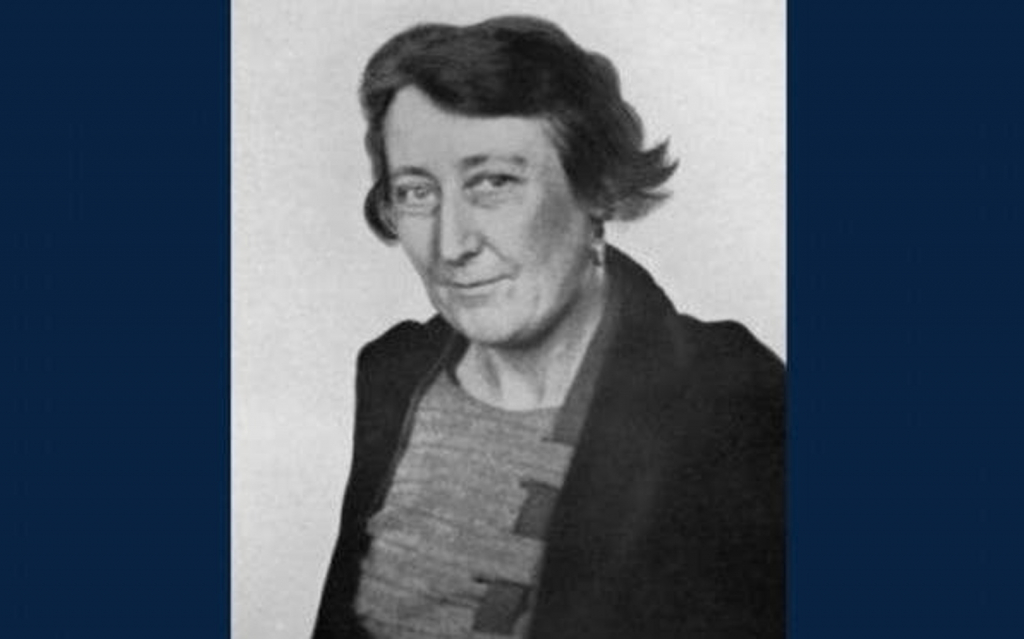Royal Society to release documentary about Berkhamsted Girls alumna
Posted on 1st Apr 2025 in Alumni, School News The Royal Society will release a documentary about Marjory Stephenson, the pioneering biochemist who attended Berkhamsted Girls from the age of 11.
The Royal Society will release a documentary about Marjory Stephenson, the pioneering biochemist who attended Berkhamsted Girls from the age of 11.
This week, the Royal Society will release a documentary honouring Old Berkhamstedian Marjory Stephenson to mark 80 years since she was elected to its Fellowship.
The Royal Society is the oldest scientific academy in continuous existence and is a Fellowship of many of the world’s most eminent scientists. Alongside crystallographer Kathleen Lonsdale, Marjory Stephenson was one of the first women to be admitted to the previously male-only institution in 1945.
Stephenson attended Berkhamsted Girls from the age of 11. Unlike many Girls’ schools at the time, it was here that she was allowed to study science. After leaving Berkhamsted, she went on to read Natural Sciences at Newnham College, Cambridge – although she was not allowed to enter university libraries or laboratories and was not awarded a degree on account of her gender.
Despite these structural barriers, Stephenson became a pioneer of bacterial biochemistry. She contributed to over 20 different papers during her time as a researcher, and her book Bacterial Metabolism ran to three editions and is widely used amongst biochemists. Stephenson was the first person to isolate an enzyme from bacteria cells in 1928 and her work informs much of our understanding of biotechnology today.
After joining the Royal Society, she became the first female president of the Society for General Microbiology and was made the University of Cambridge’s first reader of chemical microbiology shortly before her death in 1948. This was also the first year in which female undergraduates were awarded degrees.
The documentaries will celebrate the groundbreaking achievements of Stepheson and Lonsdale in recognition of their enduring legacy, not only in their scientific fields, but as pioneers for gender diversity in STEM. Professor Alison Noble FRS, Vice President of the Royal Society and chair of its Women in STEM committee, described Stephenson and Lonsdale’s legacy as “remarkable”.
“Women have always played an active role in scientific research, and as we continue to celebrate women past and present, we hope this will encourage and inspire scientists of the future.”
In 2017, we created Stephenson House at Berkhamsted Girls in recognition of Stephenson’s scientific achievements. We hope that the girls will continue to embody her spirit of innovation, strength and resilience as they move through the School and beyond.